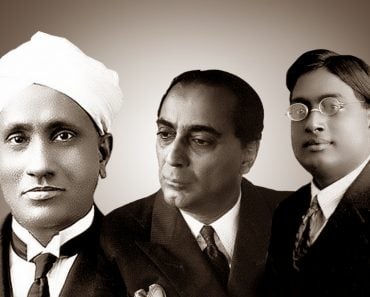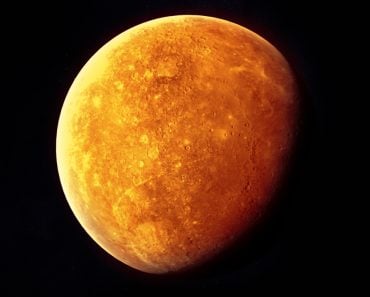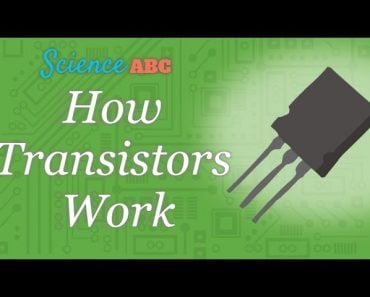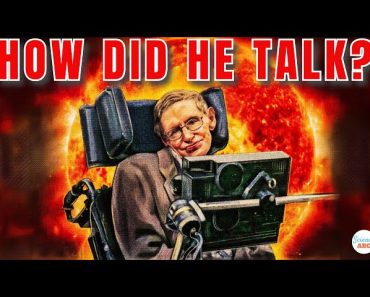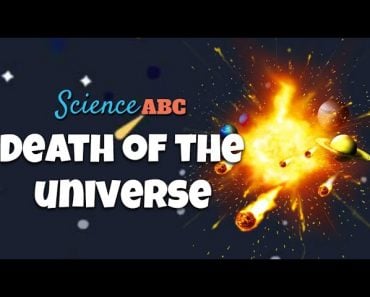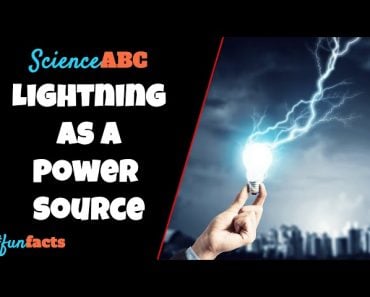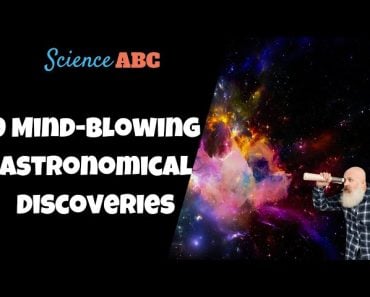Table of Contents (click to expand)
Rivalries between scientists have often been responsible for major breakthroughs in science. Some of the most famous feuds in science have been between Nikola Tesla and Thomas Edison, Jonas Salk and Albert Sabin, and Isaac Newton and Robert Hooke. These rivalries have often spurred each scientist on to greater achievements.
Advancements in science are brought about by the hard labor of scientists toiling away in their laboratories. Many of the greatest scientific minds need inspiration to work for those crucial moments of clarity. For most, it is the thirst for knowledge, but for others, this inspiration takes the form of a feud – a race to trump others in order to find fortune, gain recognition and change history. Whatever the reason might be, these rivals have prompted each other to better themselves and ultimately make their invaluable contributions to humanity. The most interesting thing about some of these famous feuds is what caused such rivalries between contemporaries, and how those conflicts finally culminated in a breakthrough.
Recommended Video for you:
Nikola Tesla And Thomas Edison: The Modern Electrical Age
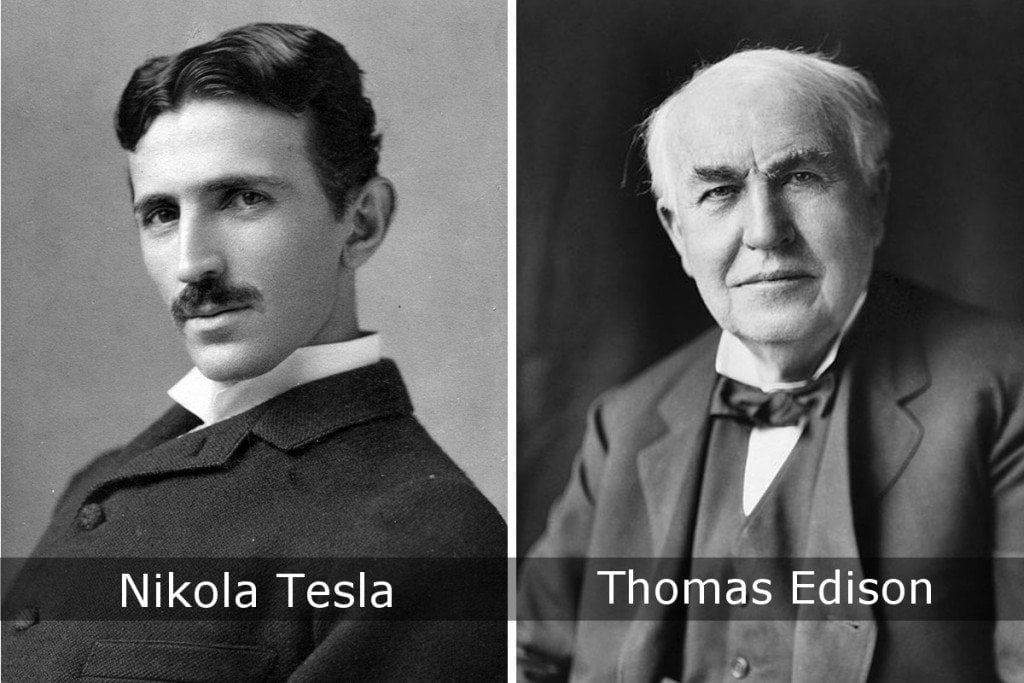
These two geniuses ushered in the era of modern electric systems and owned over 2000 patents between them. Tesla actually used to work for Edison when he was a youth, but he left because he disagreed with Edison’s scientific method. It is widely known that Edison was more of a CEO than an engineer, quickly running to the patent office whenever he or one of his employees invented something new. On the other hand, Tesla worked out his inventions in his imagination, making use of his eidetic memory.
The main reason for their disagreement stemmed from the fact that they were trying to market their own forms of electricity. Edison developed Direct Current (DC), while Tesla promoted Alternating Current (AC). Edison slammed AC by focusing on the safety issues in its use, but now that we understand that AC is far more economical and efficient, Tesla has become responsible for powering our homes.
Tesla’s inventions are the backbone of modern power and communication systems, but he faded into obscurity in the 20th century. However, Edison’s legacy survived, due to his legion of factories and patents, including the moving picture camera, kinetoscope and the light bulb.
Jonas Salk And Albert Sabin : The Polio Vaccine
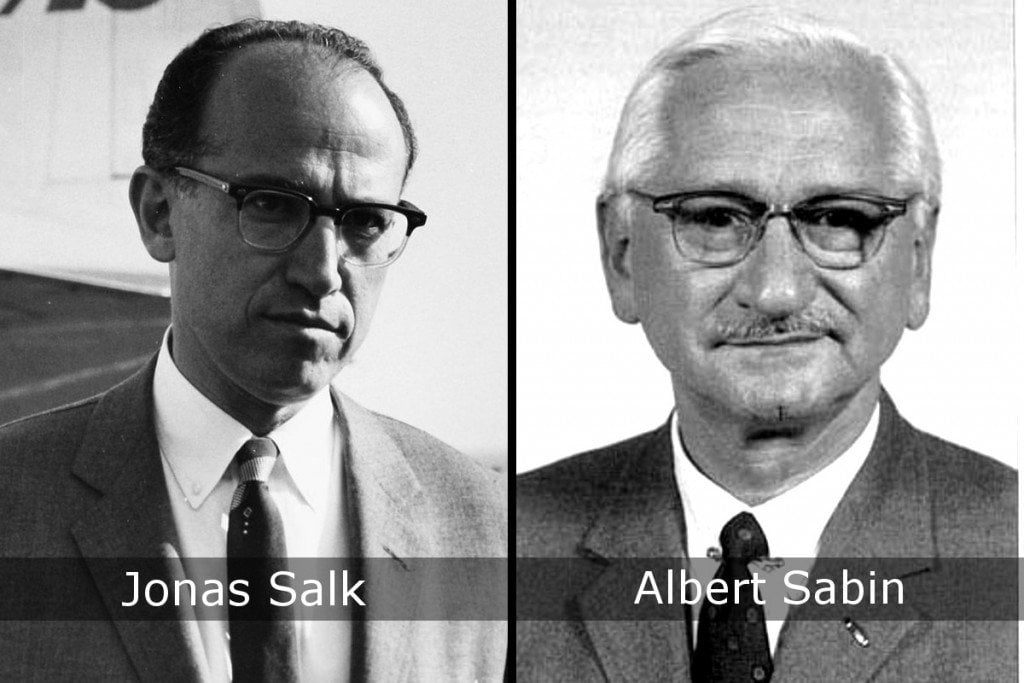
These two bio-chemists created their versions of what they thought was the best vaccine for polio. In 1955, polio was a huge concern for families all over the world, as it paralyzed children and even proved to be fatal in many cases. During this era, the competition between these men proved to be the factor responsible for the eradication of polio in many parts of the world. Jonas Salk was the first to develop a vaccine using a destroyed poliovirus, followed by Albert Sabin two years later, who instead used a live, but weakened form of the virus.
The scientists individually promoted their own drugs with increasing vigor, unknowingly making the war against polio much more successful. Initially, Sabin’s ‘injected’ vaccine was used for mass inoculations and later replaced with Salk’s ‘oral’ vaccine, due to the fear of infection by the relatively powerful Sabin vaccine. Countless people owe their lives to the egos of these two men!
Isaac Newton And Robert Hooke : Law Of Gravitation
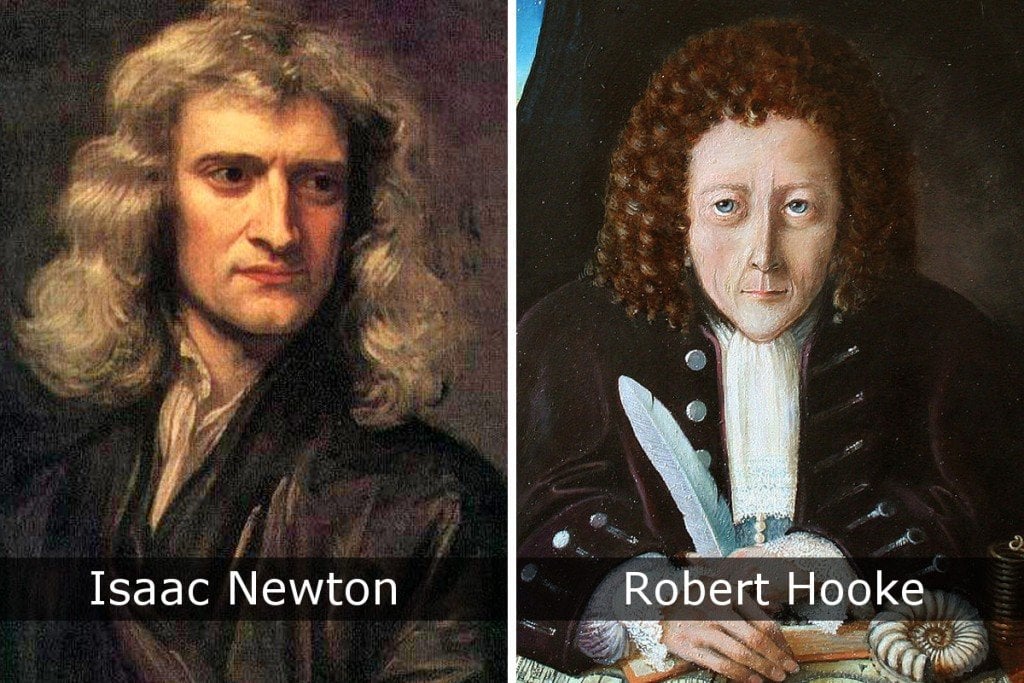
Robert Hooke was a respected scientist who deserves a better place in history, but since he was on the losing side of a bitter rivalry with the most renowned scientist in history, Sir Isaac Newton, he has been almost completely forgotten. Some say that Newton used his position as President of the Royal Society to undermine Hooke’s effort after Hooke criticized Newton’s papers on optics. Some claim that Hooke was insecure and jealous of someone more intelligent or gifted than himself. According to Hooke, Newton stole the idea for the Universal Law of Gravitation from him and always felt short-changed.
In any case, Hooke’s contribution to determining the value of the Gravitational constant and Newton’s insights into the Law of Gravitation, when coupled together, form the basis of our understanding of Gravity.
Isaac Newton And Gottfried Leibniz: Calculus
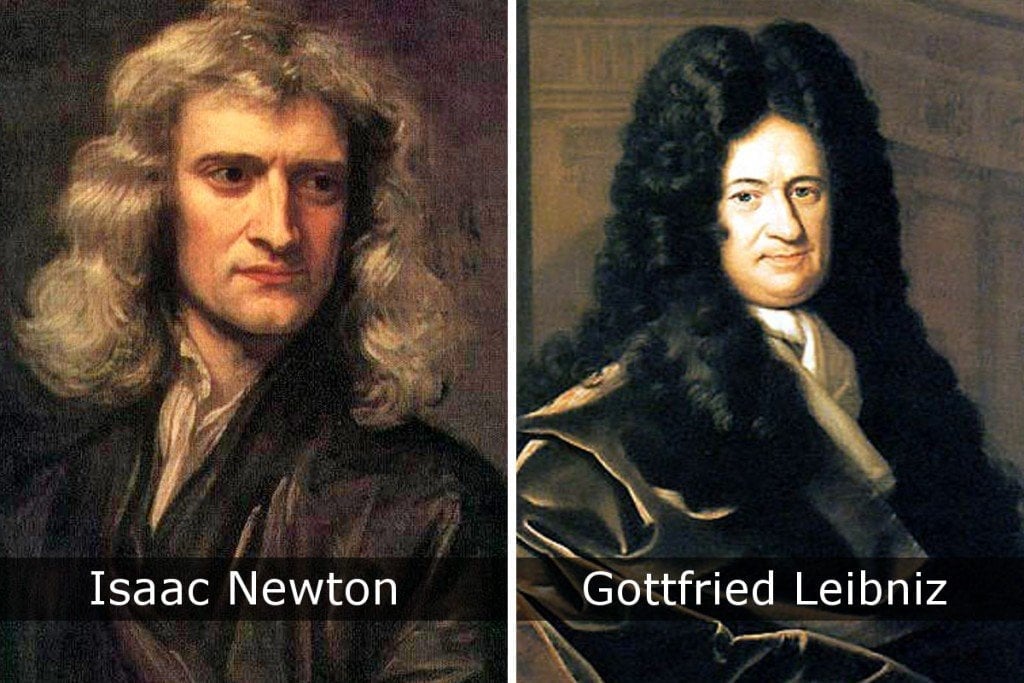
Newton was part of many controversies during his lifetime due to allegations of plagiarism and contradictory claims over scientific papers. For example, he contested claims over who discovered Calculus in a particularly heated argument with mathematician Gottfried Leibniz. Leibniz was certainly the first person to publish on differential and integral calculus, which has been used invariably by every scientist since. Newton claimed that he had already been working on Calculus, but hadn’t published it outside of a minor annotation in the back of one of his publications.
Newton, as the President of the Royal Society, thwarted any claims against ‘his’ theories of calculus by appointing a committee composed of his friends, and even accused Leibniz of plagiarism. Since people on either side of the feud had a reasonable claim on the invention of calculus, this discussion was never resolved. Both Newton and Leibniz are credited with the discovery and the consensus is that they independently invented this indispensable mathematical tool in 17th century Europe.
Humphry Davy And Michael Faraday: Contributions To Electrochemistry
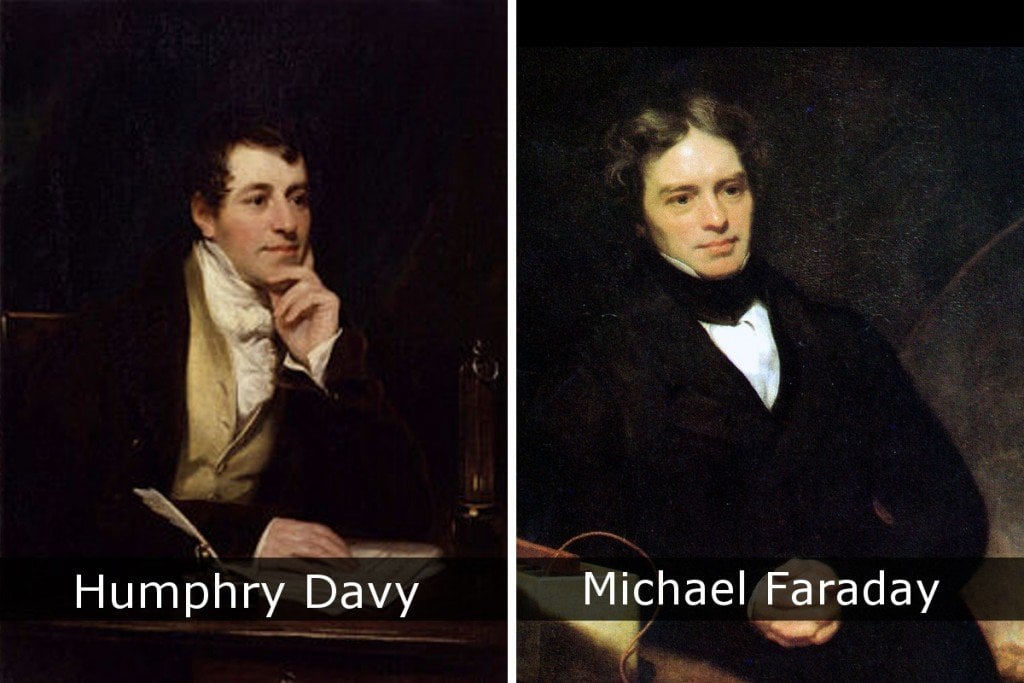
Davy was one of the most influential scientists of his time and was awarded numerous honors, including being knighted by the crown. When Davy invented an incredibly useful lamp for miners, he made it public property and did not lay any claims to its patents. He took on an apprentice named Michael Faraday, despite Faraday’s background as a book-binder, and mentored him. Davy had developed a disinterest in money, which he passed on to Faraday.
During the time with his mentor, Faraday achieved his greatest discovery of electromagnetism. In fact, his research forms the basis of modern electricity generators. Gradually, Faraday’s brilliance started to overshadow Davy’s work, and a gradually increasing resentment drew these men apart. Davy used his stature and influence to boycott his pupil’s work, which inspired Faraday to continue with his independent research in the field of electrochemistry. As he grew older, Davy managed to overcome his insecurities. When Davy was asked what his greatest discovery was, he simply replied “Michael Faraday.”
It can easily be seen that throughout history, some major breakthroughs were brought about during the same span of time, but by different individuals. It’s not so surprising actually, since curious minds often converge on the same idea. Whether this is a coincidence or a causative effect is debatable, but one thing is certain, the main benefactor in such legendary confrontations was science!
References (click to expand)
- War of the currents - Wikipedia. Wikipedia
- History of calculus - Wikipedia. Wikipedia
- The World Cup, courtesy of Isaac Newton and Robert Hooke. telegraph.co.uk
- Salk, Sabin and the Race Against Polio - Smithsonian Magazine. Smithsonian
- Nikola Tesla vs. Thomas Edison: Who was the better inventor?. Live Science

